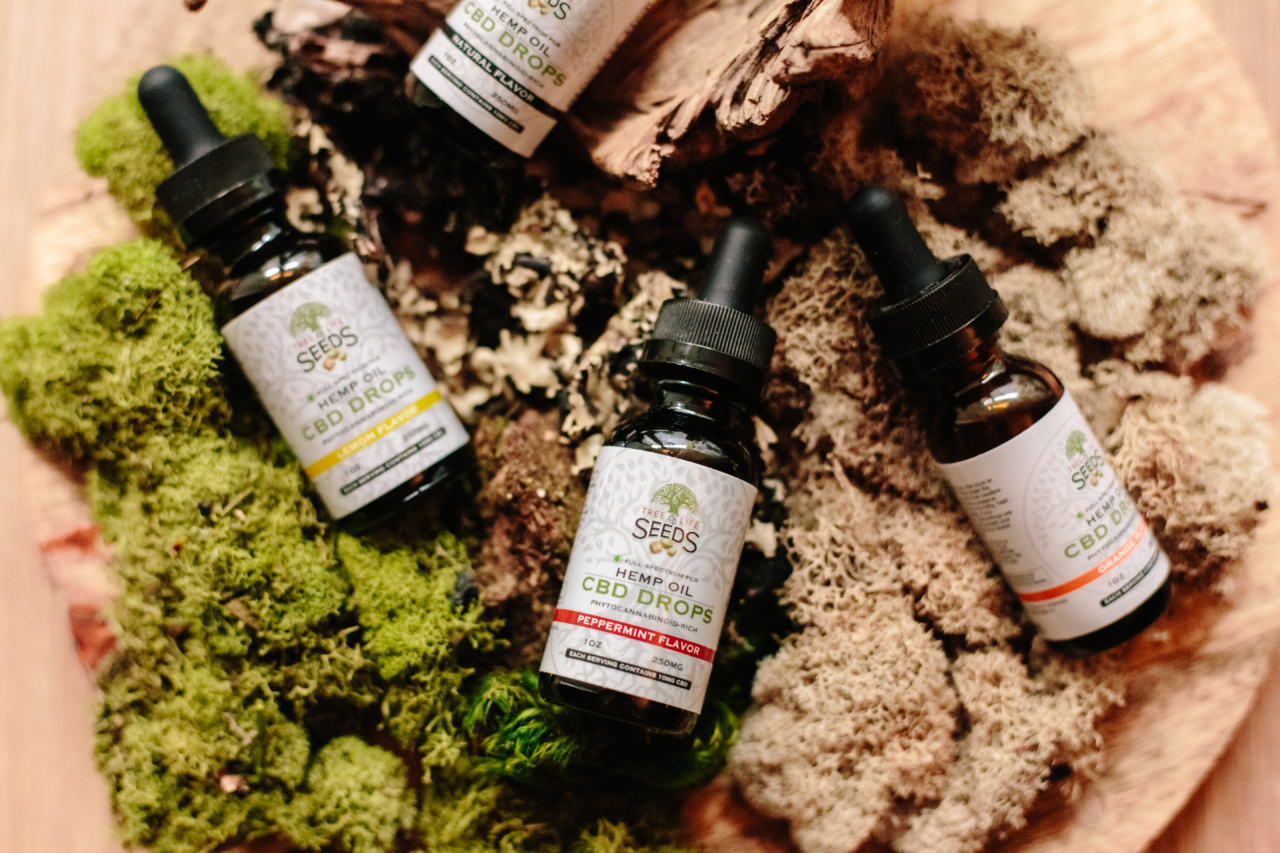Dermatitis is a common skin condition that causes inflammation, itching, and irritation. It can be caused by various factors such as allergies, irritants, or genetic predisposition.
If you are suffering from dermatitis, finding the right products to alleviate your symptoms can make a significant difference in your quality of life. In this article, we will explore some of the best products available for dermatitis relief, ranging from creams to cleansers and beyond.
1. Corticosteroid Creams
Corticosteroid creams are widely used to reduce inflammation and itching associated with dermatitis. These creams work by suppressing the immune response and reducing redness and swelling.
Commonly prescribed corticosteroid creams include hydrocortisone, betamethasone, and clobetasol. It is essential to follow your dermatologist’s instructions and use corticosteroids as directed to avoid potential side effects.
2. Emollient Moisturizers
Emollient moisturizers are crucial for managing dermatitis symptoms and preventing flare-ups. These moisturizers contain ingredients like ceramides, hyaluronic acid, and shea butter that help hydrate and repair the skin barrier.
Look for fragrance-free and hypoallergenic options to minimize irritation. Apply emollient moisturizers after bathing or showering to lock in moisture and provide lasting relief.
3. Oatmeal Baths
Oatmeal baths are a soothing and natural way to relieve dermatitis symptoms. Oatmeal is known for its anti-inflammatory properties, which can help reduce itching and redness.
You can find pre-packaged oatmeal bath products or make your own by grinding pure oatmeal into a fine powder. Simply add the oatmeal to your bathwater and soak for 15-20 minutes to experience its calming effects.
4. Antihistamines
If you’re dealing with intense itching caused by dermatitis, over-the-counter antihistamines can provide temporary relief. Antihistamines work by blocking the release of histamines, which play a significant role in triggering itchiness.
However, it is recommended to consult with a healthcare professional before taking antihistamines, as they may cause drowsiness or interfere with other medications.
5. Cold Compresses
When dermatitis flares up, applying cold compresses can help soothe the affected area. The cold temperature constricts blood vessels and reduces inflammation, providing relief from itching and discomfort.
Wrap a few ice cubes in a clean cloth or use a gel-filled cold pack. Gently apply the compress to the affected skin for 10-15 minutes, repeating as necessary.
6. Non-Soap Cleansers
Using non-soap cleansers can be beneficial for individuals with dermatitis, as traditional soaps can strip the skin’s natural oils and exacerbate symptoms. Look for gentle cleansers specifically formulated for sensitive or dry skin.
These cleansers tend to have a neutral pH and lack harsh ingredients such as fragrances or dyes that can trigger irritation.
7. Colloidal Silver
Colloidal silver is a natural remedy that has antimicrobial and anti-inflammatory properties. While more research is needed to fully understand its effectiveness, many dermatitis sufferers have reported positive results.
Colloidal silver can be applied topically in cream or spray form. However, it is crucial to consult with a healthcare professional before using it, especially if you have any underlying health conditions.
8. Topical Calcineurin Inhibitors
Topical calcineurin inhibitors, such as tacrolimus and pimecrolimus, are prescription creams that effectively reduce inflammation and itching associated with dermatitis.
Unlike corticosteroids, these inhibitors do not thin the skin or cause steroid-related side effects. They are often prescribed for areas where corticosteroid creams may be too potent, such as the face or groin.
9. Zinc Oxide Cream
Zinc oxide cream is commonly used for various skin conditions, including dermatitis. It acts as a barrier, protecting the skin from irritants and promoting healing.
The cream can help reduce redness, itching, and oozing associated with dermatitis flare-ups. Apply a thin layer of zinc oxide cream to the affected areas after thoroughly cleansing and drying your skin.
10. Stress Management Techniques
While not a product in the traditional sense, stress management techniques are vital for managing dermatitis symptoms. Stress can exacerbate flare-ups and make the condition more difficult to control.
Engage in activities like meditation, yoga, or deep breathing exercises to reduce stress levels and promote overall well-being. Additionally, consider seeking support from a mental health professional if stress becomes overwhelming.
By incorporating these products and techniques into your dermatitis management routine, you can find relief from itching, inflammation, and discomfort.
It’s important to remember that everyone’s skin is unique, so what works for one person may not work for another. If your symptoms persist or worsen despite using these products, consult with a dermatologist for further evaluation and personalized treatment options.































